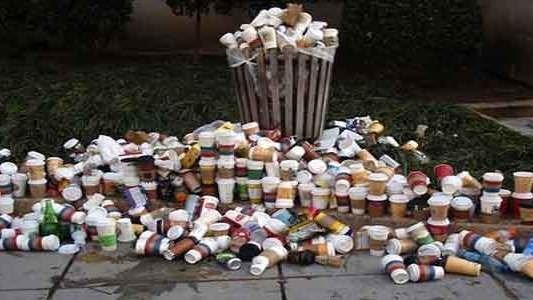Good news from Mexico - 10,000 acres saved thanks to Buy an Acre scheme
Posted on
|
There's good news for 10,000 acres in Mexico. They've been saved by supporters of the World Land Trust. Acre by acre, the supporters and Buy an Acre donors have saved the forest in Sierra Gorda Biosphere Reserve. The World Land Trust and Grupo Ecologico Sierra Gorda have worked together for 10 years to protect the range of forest habitatws in Sierra Gorda. The area is home to 100 mammal species, including Black Bear, Jaguar, Neotropical Otter and Puma. It's also home to 339 speices of birds such as Military Macaws and Great Curassow. Protecting the world's forests mean that we will have water, oxygen, climate regulation and beautiful landscapes to enjoy. We are giving land back to the species who live there. "Walking through the reserves we have made is like travelling back in time, back to when Mexican forests were ruled by the jaguar and filled with species we consider rare today." Roberto Pedraza Rulz, GESG This success is increasing the amount of land within the Sierra Gorda Biosphere Reserve that is actually under private proteciton and management by conservationists. GESG has focused their attention on the most important and threatened areas to create a network of privately protected areas in the eastern part of the reserve. The success is thanks to the suppoters of Buy an Acre, and grand funding and generous corporate supporters such as Puro Fairtrade Coffee. And work continues to protect the area. Sierra Gorda's habitats include Cloud Forests, Conifer Forests, Oak Forests, Tropical Forests and Riparian Forests. |
